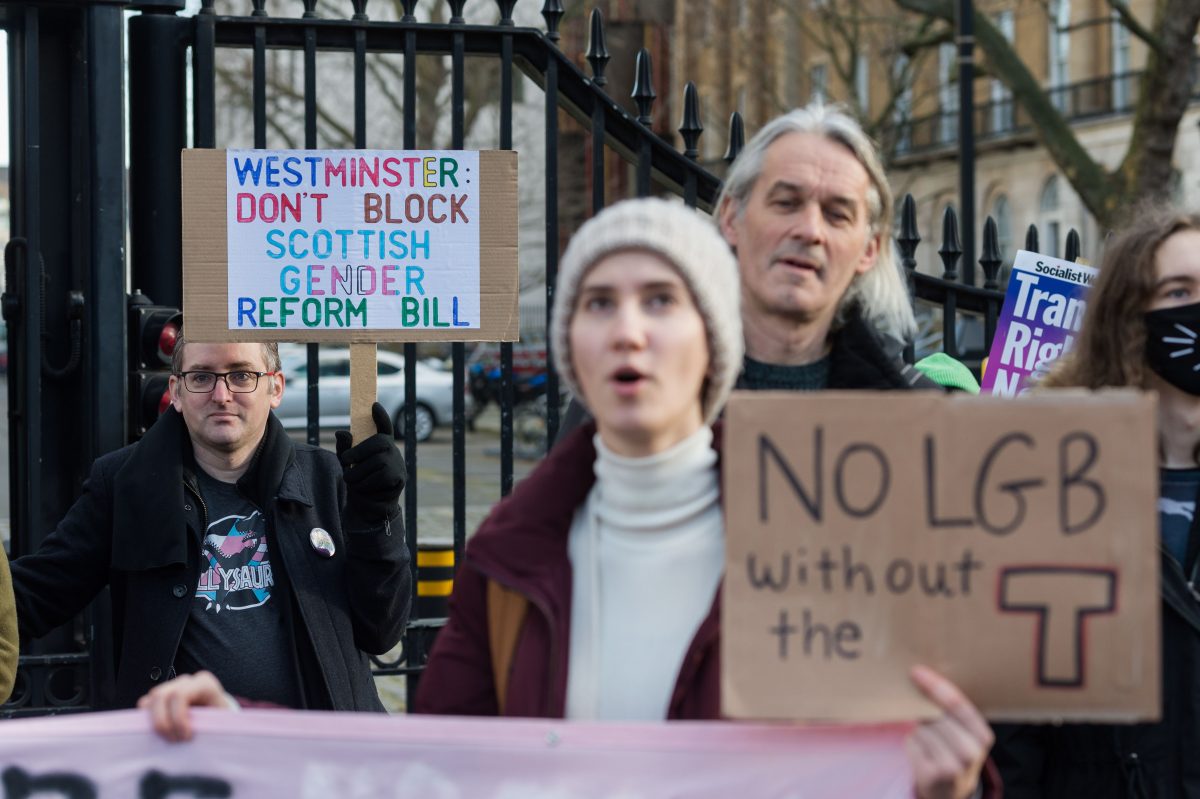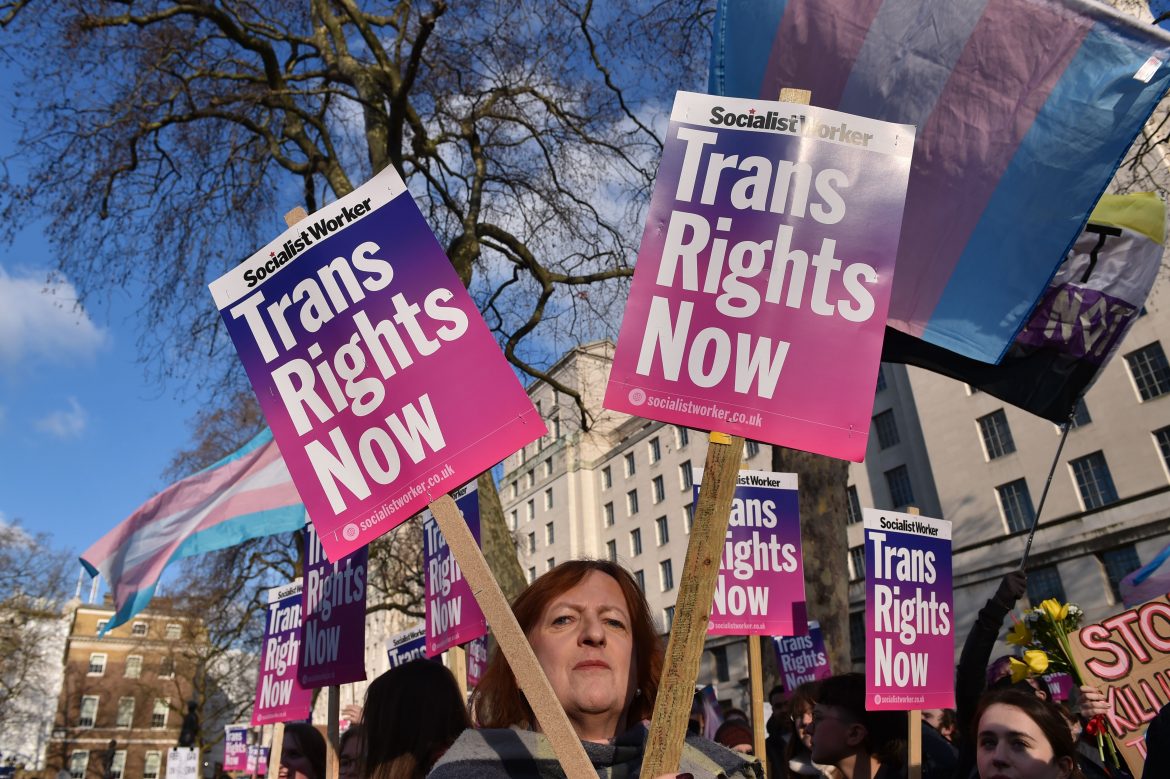England has not been keeping the promises it made to its neighbour Scotland 25 years ago when it granted devolved powers. It has a long history of butting into its Celtic neighbour’s business, and no one should have expected that to change. Even less so when it came to the controversial Gender Recognition Reform (Scotland) Bill.
To Scots, it must seem as if devolution is just a word to Westminster Tories. England, the big brother that never learnt to share, took a big step forward in 1998 when it gave Scotland the power to make its own laws in some areas. However, this week it proved the Scotland Act, which established the Scottish Parliament, was all talk.
On Thursday 12, the UK Government made an order under Section 35 of the Scotland Act to block the Reform Bill which Scottish lawmakers voted for by 86 to 39 votes. The law has been controversial because it would allow people to legally change their recognised gender at the age of 16. The minimum age previously was 18 which is where England expects it to stay whatever the Scottish Parliament thinks.
England has shown where it stands on the topic of gender conversion. Its feet are planted firmly on the side of tradition whereas Scotland stands for social progress. Scotland is also speaking up for every other power devolved to the Celtic nations. England gave up its authority and it is time it learned to live with it.

Photo: WIktor Szymanowicz/NurPhoto/Shutterstock
Devolution was intended to bring power closer to ordinary Scots, so they were better represented and recognised in political decision making. It makes sense for this to be the way the world works but the big and powerful politicians running the show from Westminster clearly do not agree.
Sadly, England has not grown up at all since it first invaded Scotland in the 13th century. What is worse is that it is not the first time England overruled Scotland and treated it as a secondary nation. Margaret Thatcher used the country as a guinea pig to test her controversial poll tax bill as recently as the 1980s. She proved Westminster still looked after England first. This is why the formation of the Scottish Parliament was key; finally, people in power would look out for the Scots.
Scottish Parliament has certainly made a good stab at representing Scottish opinion on the Reform Bill. Naturally there was opposition to the controversial bill within the country which MPs from the Scottish Nationalist Party (SNP), Labour and Conservatives reflected when they voted against the bill. According to YouGov, the lowering of the legal age was opposed by 66% of voters. However, while many Scots are opposed to the legislation, they are even more opposed to England deciding Scottish law.
Decades after Thatcher’s reign of terror, Westminster still takes every chance to disparage Scotland. England has stomped its feet and told its progressive neighbour where to go with its shiny new laws.
The Conservative Secretary of State for Scotland, Alister Jack, spoke in the House of Commons after blocking the Bill. He said: “My decision is about the legislation’s consequences for Great Britain-wide equalities.” This is code for our heads might be big in Westminster, but our brains are very small and could never let opposing laws exist next door.
So, England said its bit and seemed to think that Scotland had nothing left to do but lie down and take it. Does that sound like Scotland? Not if the history books have got it right.
Scotland has been standing up to England since the days of William Wallace. Even better than the Scottish crusader is that this time a woman is fronting the nation. Scottish First Minister Nicola Sturgeon was only missing the blue face paint when she condemned the blocking of the bill as a “full frontal attack” on Scottish Parliament.
She had every right to be furious. This is not how devolution was meant to work and it has shown that England is still a bully. It is so desperate for control it does not follow its own rules.
The Celtic nations are a lot more polite since England stopped being a regular invader of them, but Scotland has a long memory. Westminster’s actions this week have only fed the Celts’ lingering hostility left over from past aggression.
In fact, Westminster’s actions for the past decade have relit a smouldering fire. When the UK voted to leave the European Union in 2016 – Scotland voted to remain. When the Scottish Nationalist Party (SNP) requested a second independence referendum in 2021 – Boris Johnson’s government denied it.
To the Scots, devolution meant not having to deal with English intrusions. For Westminster it seems clear it meant something else as it has been incessantly overruling Scotland. Devolution might have calmed the resentment growing in Scotland before, but it will fail if England does not start keeping its promises.





